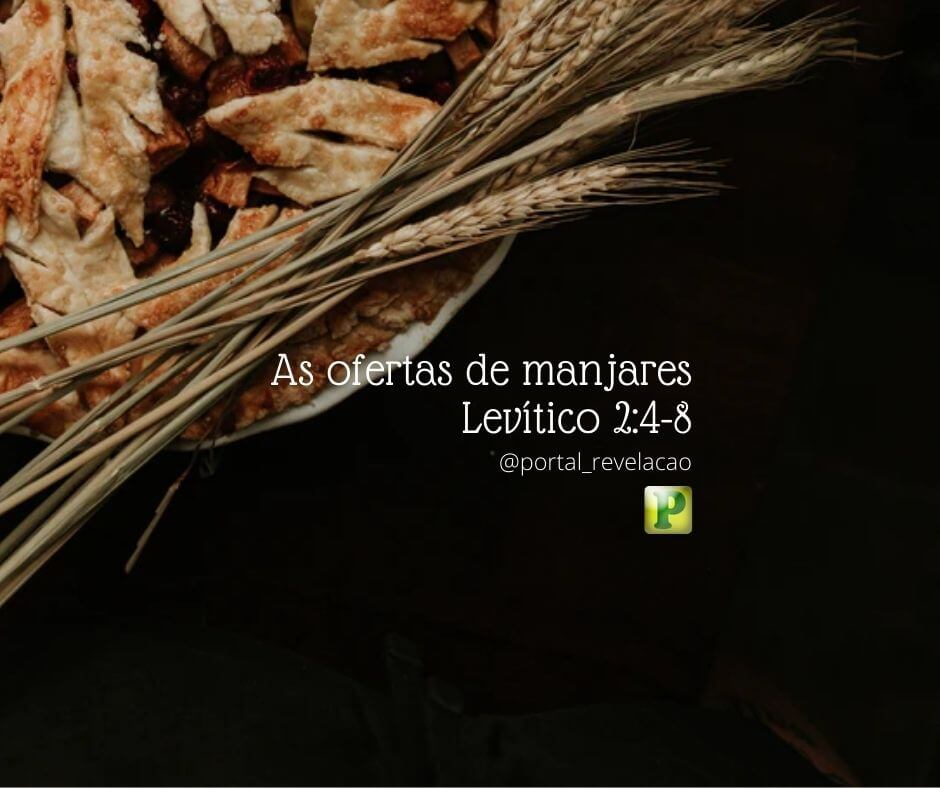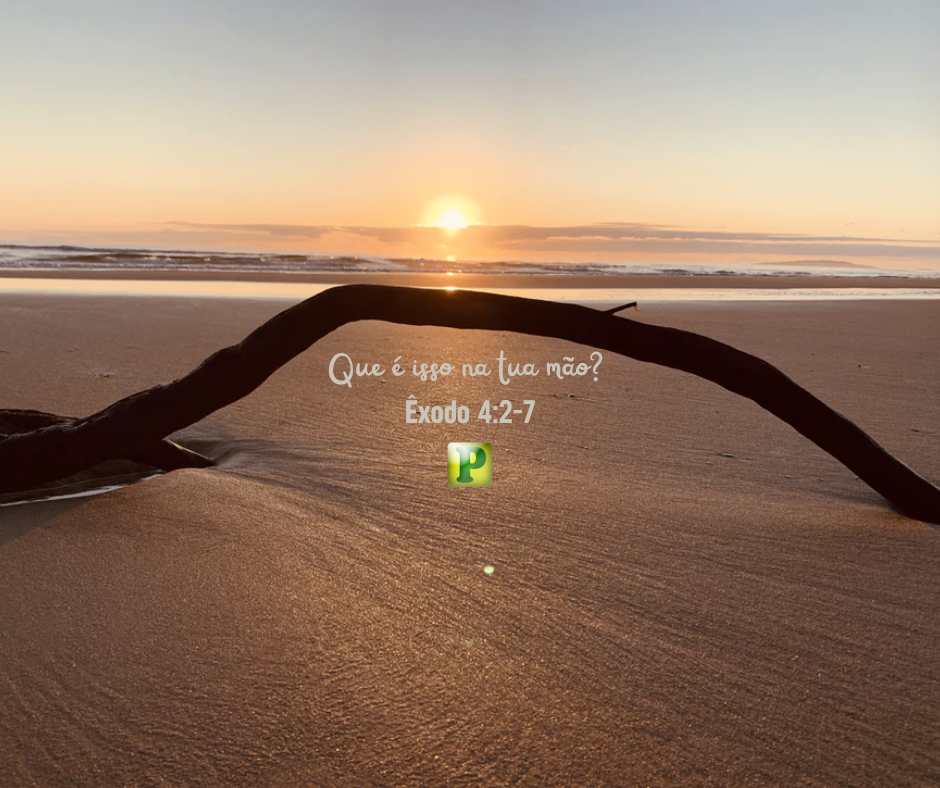Bible Study – Genesis Chapter 7 to 11
Bible Study – Genesis 7:15 – “And of all flesh, wherein was the breath of life, they went in two and two unto Noah into the ark”
Chapter 7
The animals
Genesis 7:15 – Pairs of each animal joined Noah in the ark: seven pairs were taken from the animals to be used in the sacrifice. Scholars estimate that around 45,000 animals may have entered the ark.
Genesis 7:16 – Many people have tried to figure out how this gathering of the animal kingdom happened. Did Noah and his sons spend years gathering all these animals? In fact, creation, together with Noah, was doing exactly what God had commanded. Apparently there was no problem gathering the animals, God took care of the details of this work while Noah did his part building the ark. We tend to do the opposite of what Noah did, we worry about the details, over which we have no control, and neglect specific areas (such as attitudes, relationships, responsibilities) that are under our control. Like Noah, focus on the work that God has placed in your hands and leave the rest to Him.
The waters
Genesis 7:17-24 – Was the flood a local event, or did it cover the whole earth? A universal flood was certainly possible. There is enough water on the earth to cover all the dry land (the earth began this way; see 1:9-10) Furthermore. God promised never again to destroy the earth with a flood. In fact, it was necessary for the flood to cover the whole earth or destroy all its inhabitants. Remember. The reason God sent the flood was to destroy all the evil in the world. This would require a great flood.
The crow
Genesis 8:6-16 – Occasionally. Noah would send a raven as a test, to see if the earth was dry. But Noah didn’t leave the boat until God commanded him to: he waited for God’s time. God knew that, although the waters had receded, the land was not dry enough for Noah and his family to venture out. What patience Noah showed, especially after spending a whole year inside that ark! In the same way, we must trust God to give us patience during those difficult times when we need to wait.
Chapter 8
Genesis 8:21-22 – Throughout the Bible, God demonstrates his love and patience towards man in order to save him. When we sin or distance ourselves from God, we certainly deserve to be destroyed by his judgment, but God has promised never again to destroy everything on earth until the day Christ returns to destroy evil forever. Now, every change of season is a reminder of his promise.
Chapter 9
Genesis 9:5 – God will require each person to give an account for their actions. We cannot harm or kill another human being without having to answer to God. A penalty must be paid. Justice must be served.
Genesis 9:5-6 – God here explains why murder is so wrong: killing a person means killing someone made in the image and likeness of God. Because all human beings are made in the image of God, all people possess the qualities that distinguish them from animals: morality, reasoning, creativity and self-esteem. When we interact with other people, we are interacting with human beings made by God, to whom he offers eternal life. God wants us to recognize his image in all people.
New land
Genesis 9:8-17 – Noah stepped out of the boat and onto a land devoid of human life. However, God gave him a comforting promise. His covenant contained three parts:
(1) never again would the earth be destroyed by flood waters;
(2) as long as there was land, the seasons would always happen as expected; and
(3) a rainbow would be seen when it rained on the earth, as a sign to all people that God keeps his promises. The order and seasons of the earth are still preserved, and the rainbow still reminds us of God’s faithfulness to his Word.
Noah’s drunkenness
Genesis 9:20-27 – Noah, the great hero of faith, got drunk and was a bad example to his children. Perhaps this story was included to show us that even faithful people are subject to sin and their bad influence affects their families. Although all the bad people had died, the possibility of evil still existed in the hearts of Noah and his family. Ham’s sarcastic attitude revealed a great lack of respect for his father and for God.
Genesis 9:25 – This verse has been misused to justify racial prejudice and even slavery. However, Noah’s sentence was not directed at any particular race, but at the Canaanite nation, a nation that would become wicked, as God already knew. The sentence was fulfilled when the Israelites entered the Promised Land and drove out the Canaanites (see the book of Joshua).
Chapter 10
Genesis 10:8-9 – Who was Nimrod? Not much is known about him, except that he was a heroic warrior, but people with great talents can become proud, and this is probably what happened to Nimrod. Some consider him to be the founder of the great and wicked Babylonian Empire.
Chapter 11
Genesis 11:3 – The bricks used to build the tower were man-made, not taken from rock.
Genesis 11:3-4 – The tower of Babel was more like a ziggurat, a common structure in Babylon at the time. More commonly used in the construction of temples, ziggurats looked like pyramids with steps or ramps on the sides.
They could reach a height of 99 meters and an equal width. In fact, they were the main point of the city. The people in this story built the tower as a monument to their own greatness.
The tower of Babel
Genesis 11:4 – The tower of Babel was a great human achievement, a wonder of the world. However, it was a monument to magnify people, not God. We can build monuments to ourselves (expensive clothes, big mansions, luxury cars, important jobs) in order to draw attention to our achievements.
These things may not be wrong in themselves, but when we use them to promote our identity and value, they take the place of God in our lives.
We are free to prosper in many areas, but not to think about taking God’s place. What “towers*” have you built in your life?
The curse
Genesis 11:10-27 – In 9:25 we see that Noah pronounced a curse on Canaan, the son of Ham, the predecessor of the wicked Canaanites. Here and in 10:22-31, we have a list of the descendants of Shem who were blessed (9:26). From Shem’s line would come Abraham and the entire Jewish nation, which would eventually conquer the land of Canaan in the days of Joshua.
Genesis 11:27-28 – Abram grew up in Ur of the Chaldees, an important city in the ancient world. Archaeologists have discovered evidence of a thriving civilization there in Abraham’s day. The city carried on a vast trade with its neighbors and had a large library. Having grown up in Ur, Abram was probably a well-educated man.
Genesis 11:31 – Terah left Ur for Canaan, but settled in Haran. Why did he stop halfway? Perhaps it was his health, the climate, or even fear. However, this didn’t change Abram’s call (“the LORD said to Abram” 12:1). He had respect for his father’s leadership, but when he died, Abram moved to Canaan.
God’s will can happen in stages.
Just as the time in Haran was a period of transition for Abram, God can give us periods of transition and times of waiting so that we become more dependent on him and trust in his timing. If we patiently do God’s will during times of transition, we will be better prepared to serve Him when we are called by Him.
Bible Study – Genesis 7:15 – “And of all flesh, wherein was the breath of life, they went in two and two unto Noah into the ark”






